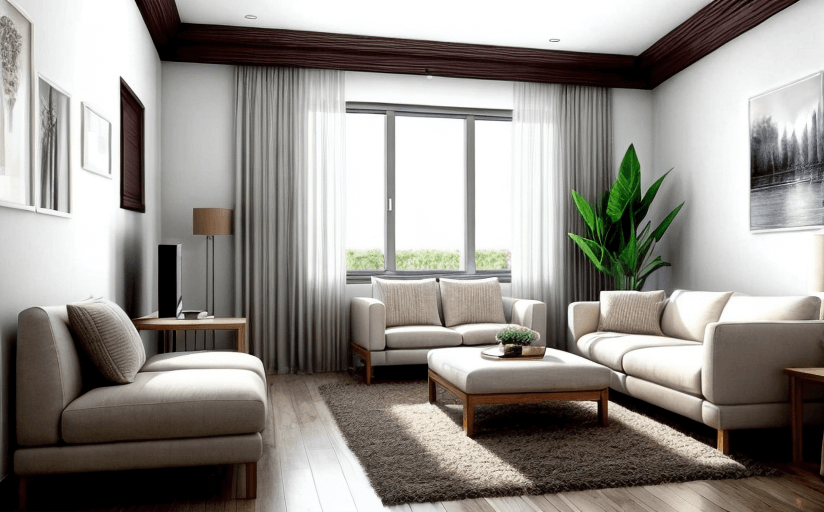The Impact of Minimalism on Mental Health
In an era marked by information overload and excessive materialism, promoting a lifestyle that values 'less is more' seems paradoxical. Our focus today is on such an approach, popularly known as Minimalism, which advocates living with the things you really need and discarding the rest. Apart from the apparent physical decluttering, this lifestyle influences various aspects of mental health, inducing clarity, mindfulness, freedom, and reduced consumerism.
Minimalism and Stress Reduction
A 2009 study published in the Personality and Social Psychology Bulletin found that women who described their homes as cluttered had increased levels of cortisol - a stress hormone. By taking the minimalist approach, we can eliminate unnecessary items, thereby reducing distractions and creating a more peaceful environment.
Clarity and Mindfulness
Living minimally allows us to focus on things that truly matter. It eliminates the decision fatigue caused by an influx of choices, giving mental clarity. Minimalism cultivates mindfulness by centering our attention on the present and being more conscious of our environment, actions, and thoughts.
Freedom and Reduced Consumerism
Minimalism provides us with the freedom to eliminate unnecessary possessions, events, and activities from our lives. This breaks the shackles of consumerism, paving the way for more sustainable living and promoting psychological well-being.
Gathering Evidence and Anecdotal Experiences
There are numerous anecdotal experiences of people who have felt the positive shift in their mental health after adopting a minimalist lifestyle. Journalist and author, Fumio Sasaki, in his book Goodbye, Things: The New Japanese Minimalism, describes his transformational journey from a cluttered lifestyle to becoming a minimalist and talks about the mental peace he achieved as a result.
Drawbacks of Minimalism
While benefits are plenty, it's worth noting that minimalism may have drawbacks. One could potentially feel deprived, isolated, or overly fixated on the concept of owning less, which might induce stress in itself. Therefore, balance and knowing your needs is crucial while embracing minimalism.
Adopting Minimalism for Improved Mental Health
Start slow; minimalism isn't about discarding everything you own. It's about evaluating what you need and what holds genuine significance in your life. It's about creating space for things that add value to your life. Remember, the ultimate goal is mental peace and improved mental health.
















Comments
Leave a Comment